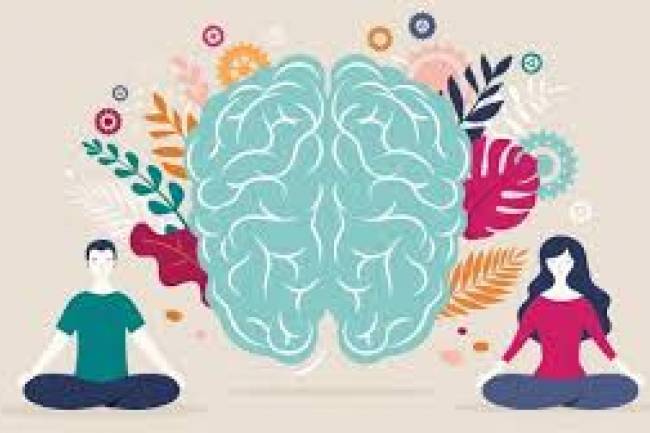
Ways for students to Improve Memory
A strong memory depends on the health and vitality of your brain. Whether you’re a student studying for final exams, a working professional interested in doing all you can to stay mentally sharp, or a senior looking to preserve and enhance your grey matter as you age, there’s lots you can do to improve your memory and mental performance
They say that you can’t teach an old dog new tricks, but when it comes to the brain, scientists have discovered that this old adage simply isn’t true. The human brain has an astonishing ability to adapt and change even into old age. This ability is known as neuroplasticity. With the right stimulation, your brain can form new neural pathways, alter existing connections, and adapt and react in ever-changing ways.
The brain’s incredible ability to reshape itself holds true when it comes to learning and memory. You can harness the natural power of neuroplasticity to increase your cognitive abilities, enhance your ability to learn new information, and improve your memory at any age.
1. Eat Less Added Sugar
Research has shown that people who regularly consume lots of added sugar may have poorer memories and lower brain volumes than those who consume less sugar.
2. Make Time for Meditation
Meditation isn’t just good for your body — it’s also good for your brain. Research suggests meditation may increase grey matter in the brain and improve spatial working memory.
3. Maintain a Healthy Weight
Obesity is a risk factor for cognitive decline. Maintaining a body mass index within the normal range may help you avoid a host of issues associated with obesity, including a poorer memory.
4. Get Enough Sleep
Studies have consistently associated sufficient sleep with better memory performance. Sleep helps consolidate memories. You’re also likely to perform better on memory tests if you’re well-rested than if you’re sleep-deprived.
5. Practice Mindfulness
Practising mindfulness techniques has been associated with increased memory performance. Mindfulness is also linked to reduced age-related cognitive decline.
6. Train Your Brain
Games that challenge your brain may help you strengthen your memory and may even reduce the risk of dementia.
7. Cut Down on Refined Carbs
Like added sugar, refined carbohydrates lead to a spike in blood sugar levels, which can damage your brain over time. Diets high in refined carbs have been associated with dementia, cognitive decline and reduced brain function.
8. Get Your Vitamin D Levels Tested
Vitamin-D deficiency is very common, especially in colder climates, and has been associated with age-related cognitive decline and dementia. If you think you might have low levels of vitamin D, ask your doctor for a blood test.
9. Exercise More
Exercise brings incredible benefits for your whole body, including your brain. Even moderate exercise for short periods has been shown to improve cognitive performance, including memory, across all age groups.
10. Choose Anti-Inflammatory Foods
Anti-inflammatory foods are great for your brain, especially berries and other foods that are high in antioxidants. To incorporate more anti-inflammatory foods into your diet, you can’t go wrong by consuming a variety of fruits and vegetables.
11. Consider Curcumin
Curcumin is a potent antioxidant. Animal studies have shown it reduces inflammation and amyloid plaques in the brain. However, more research in humans is needed.

























